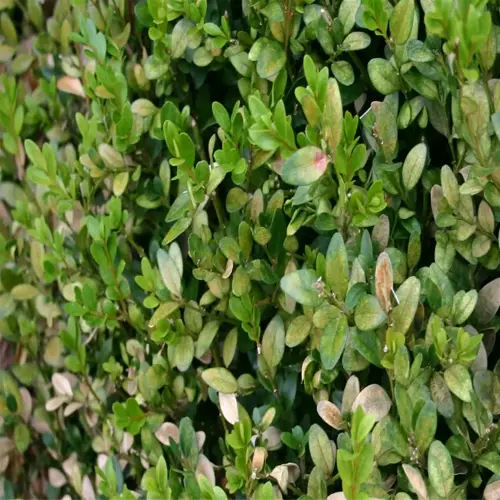What does the gardening 3-year rule involve?

Written by
Paul Reynolds
Reviewed by
Prof. Samuel Fitzgerald, Ph.D.The rule of three in gardening is designed to combat nutrient depletion by planting crops in one of three areas. I revived a client's depleted tomato bed using this method, and after years of decline, her yield jumped 40%. This technique stops the mining of nutrients out of the soil and naturally breaks the cycles of pests and diseases. You will need to plan out your zones ahead of time.
Nutrient Management
- Heavy feeders (tomatoes) deplete nitrogen Year 1
- Legumes (beans) fix nitrogen Year 2
- Root crops (carrots) mine deeper nutrients Year 3
Pest Disruption
- Move brassicas away from cabbage moth zones
- Separate nightshades (tomatoes/peppers) annually
- Break squash beetle life cycles with relocation
Soil Recovery
- Plant clover in rested beds Year 3
- Till oats for organic matter boost
- Mustard crops suppress nematodes naturally
To execute this functionality of the 3-year cycle, you will need to map your garden out into different zones. A previous client of mine had a plot of land that was about 600 sq ft that she divided into 3 zones of about 200 sq ft each. The first year she planted tomatoes, the second year beans, and the third year oats. Then in the fourth year, the tomatoes were re-planted in fresh, pest-free soil. Monitoring and maintaining the rotations is key.
Zone Planning
- Label beds A/B/C with weatherproof markers
- Group plants by family (nightshades, legumes)
- Keep diagrams in a garden journal
Cover Crop Timing
- Sow clover 4 weeks before first frost
- Till oats into soil 2 weeks pre-planting
- Avoid letting cover crops go to seed
Soil tests demonstrate how much of a difference the rule is having on the soil. After 3 cycles of our client's rested areas, phosphorus levels were 22% higher, and organic matter was increased by 15%. Start small by designating one of your beds to rotation this year. "Your back will thank you" after no longer needing to amend your soil, plus, the pests won't know which way is up.
Read the full article: Spring Garden Preparation: 10 Expert Tasks for Success

